There is a new trend in town and it has a name: Orthorexia nervosa, or more simply, orthorexia.
However, it can be hard to diagnose because at its core is a desire to eat more healthily — and most of us want to do that.
The term ‘orthorexia’, originally coined in 1997 by Dr Steven Bratman, describes an unhealthy obsession with eating healthy food. The term is derived from ‘anorexia’ with ‘ortho’ meaning “straight” or “right”.
Despite orthorexia not being recognised as a clinical diagnosis in the DSM-5 (Fifth edition of the Diagnostic and Statistical Manual of Mental Health) — a handbook used by health care professionals in the US and much of the world as an authoritative guide to mental health disorders [1]— it is widely accepted that it is an eating disorder.
What is Orthorexia?
 Put simply, orthorexia is an unhealthy obsession with healthy eating. What may start out as a ‘health kick’ or simply an attempt to clean up one’s diet and include more healthy foods, can quickly turn into something sinister.
Put simply, orthorexia is an unhealthy obsession with healthy eating. What may start out as a ‘health kick’ or simply an attempt to clean up one’s diet and include more healthy foods, can quickly turn into something sinister.
While anorexia focuses on restricting food intake in the quest to achieve a certain body shape (usually ‘thinness’), orthorexia restricts the types of foods themselves. Orthorexics will only eat foods deemed ‘clean’, ‘healthy’ or ‘wholesome’.
Following a vegetarian, vegan or any other nutritionally sound eating plan is fine. Reading food labels and making informed decisions about which foods to eat, is also fine. However, when a seemingly innocent attempt to clean up one’s diet, turns into a fixation on food purity and quality, alarm bells should ring.
Dr Steven Bratman, author of the website Orthorexia.com says that people with orthorexia have developed “an extreme, obsessive, psychologically limiting and physically dangerous disorder”.[2]
Sufferers become consumed with what to eat, how much to eat and are constantly striving to ‘eat right’ and ‘be good’. Self-esteem becomes a direct reflection upon how well they eat and they may even begin to feel superior to others, based upon their dietary choices.
As the disorder takes hold, food choices become more restrictive and the obsession with food takes precedence over other activities and interests in their life. Because food choices are so restricted, the person’s health may begin to suffer (which is ironic given that the disorder was born out of a desire to be healthy). In some cases, a person may become malnourished, sick and may even die.
According to Bratman, the disorder “has an aspirational, idealistic, spiritual component, which allows it to become deeply rooted in a person’s identity”.
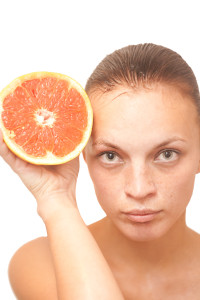 What are the symptoms?
What are the symptoms?
Living a healthy lifestyle doesn’t mean you are orthorexic. However, key signs [3] [4]that you need to look out for include:
- You find healthy food a primary source of happiness and meaning, even spirituality
- Your lifestyle interferes with relationships, work, friends or family
- Food helps you feel in control and eases feelings of anxiety and insecurity
- You have to take your diet to further extremes to get the same ‘kick’ out of it
- When you stray from ‘pure’ foods, you feel a compulsive need to cleanse
- Your interest in healthy food controls your life
- You sometimes wish you could just eat and not worry about the quality of your food
- You wish you could spend less time thinking and preparing food and more time on other things
- You panic if you do not have control over everything that goes into your mouth, particularly when someone else has prepared a meal for you
- Following the ‘perfect’ diet is the most important thing in your life
- You feel guilt or self-loathing when you ‘eat off plan’
- You feel in control when you stick to the ‘right’ foods
- You feel superior to others, based upon your food choices.
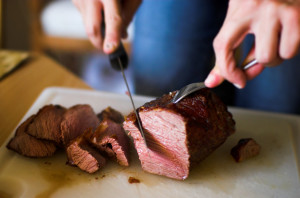 What role does social media play?
What role does social media play?
According to Google statistics, the number of searches for terms such as ‘paleo’, ‘vegan’ and ‘gluten’ has risen significantly over the past 10 years, with a considerable rise since 2011. [5]This is not to say following these lifestyles are bad, but it’s important to remember that orthorexia begins with a desire to eat ‘healthily’ and rightly or wrongly, these terms have become synonymous with health.
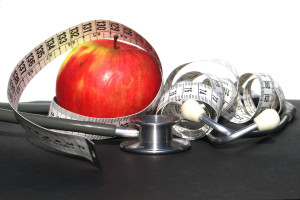 With social media being such an integral part of our lives, orthorexia can be easily fuelled. How many ‘sugar-free’ or ‘carb-free’ or ‘guilt-free’ posts of food you see in one day on your social media feed? A key problem is that many assume that those posting such pictures and recipes are ‘experts’, particularly if they have a large following.
With social media being such an integral part of our lives, orthorexia can be easily fuelled. How many ‘sugar-free’ or ‘carb-free’ or ‘guilt-free’ posts of food you see in one day on your social media feed? A key problem is that many assume that those posting such pictures and recipes are ‘experts’, particularly if they have a large following.
However, as we learned in the case of ‘wellness guru’ Belle Gibson (the young woman who lied about overcoming terminal brain cancer and using that lie to build an empire), not everything is always as it seems. Those who seem to be ‘in the know’ can actually be dishing out incorrect and dangerous advice.
Add to the mix the trend of photographing your ‘clean’ plate and uploading it to Instagram, Twitter or Facebook, and the positive feedback and praise that often follows, it is easy to understand how eating well turns to a dangerous obsession.
How should you eat?
While adopting a healthy lifestyle is great, living a life that centres around restricting food choices is not. Food should be used to nourish and fuel or bodies, but it should also be enjoyed — free from rules, guilt or anxiety.
The Dietitians Association of Australia (DAA) recommends eating a wide range of foods from each food group — lots of fruit and veggies, legumes, wholegrain cereals and breads, lean meat, fish, poultry, eggs, nuts and seeds and low-fat dairy — and limiting foods with added sugars, saturated fat, salt and alcohol. [6]
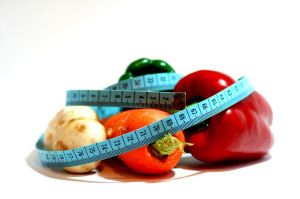 Rather than excluding food groups, or labelling them ‘good’ or ‘bad’, the DAA encourages enjoying all foods. It recommends categorising foods into two groups; ‘everyday foods’ and ‘extra foods’. Obviously ‘everyday’ foods can be enjoyed every day, while ‘extra foods’ should be enjoyed sometimes and in small amounts.
Rather than excluding food groups, or labelling them ‘good’ or ‘bad’, the DAA encourages enjoying all foods. It recommends categorising foods into two groups; ‘everyday foods’ and ‘extra foods’. Obviously ‘everyday’ foods can be enjoyed every day, while ‘extra foods’ should be enjoyed sometimes and in small amounts.
The DAA also warn against relying upon nutritional information found online, including social media. It believes that many people with orthorexia are mistaken about food and nutrition, which is often caused by inaccurate information from less reputable sources. When it comes to dietary advice, the DAA recommends seeking the advice of trusted health professionals.
Treating orthorexia
The US-based National Eating Disorders Association says that recognising orthorexia can be difficult, particularly given society’s value of healthy eating and thinness[7]. It can also be easy for sufferers to hide behind the thought that they are eating well, and insist that they do not have a problem.
Like many eating disorders, orthorexia can be treated with the help of professionals, although the road ahead for sufferers is not always easy. If you suspect you or someone you know, is suffering from orthorexia, or any other eating disorder, speak to your health care professional.
References:
[1] American Psychiatric Association, What is DSM and why is it important? Published unknown; accessed 18 June 2015 http://www.dsm5.org/about/pages/faq.aspx
[2] Stephen Bratman, Orthorexia, What is Orthorexia? published 23 January, 2014; accessed 18 June 2015 http://www.orthorexia.com/what-is-orthorexia/
[3] Karin Kratina, National Eating Disorders Association, Orthorexia Nervosa, published unknown; accessed 18 June 2015 https://www.nationaleatingdisorders.org/orthorexia-nervosa
[4] Stephen Bratman, Orthorexia, What is Orthorexia? published 23 January, 2014; accessed 18 June 2015 http://www.orthorexia.com/what-is-orthorexia/
[5] Google.com, Trends, accessed 19 June 2015, http://www.google.com/trends/explore#q=paleo%2C%20vegan%2C%20gluten&cmpt=q&tz=
[6] Dietitians Association of Australia, Orthorexia, published unknown; accessed 18 June 2015 http://daa.asn.au/for-the-media/hot-topics-in-nutrition/orthorexia/
[7] Karin Kratina, National Eating Disorders Association, Orthorexia Nervosa, published unknown; accessed 18 June 2015 https://www.nationaleatingdisorders.org/orthorexia-nervosa

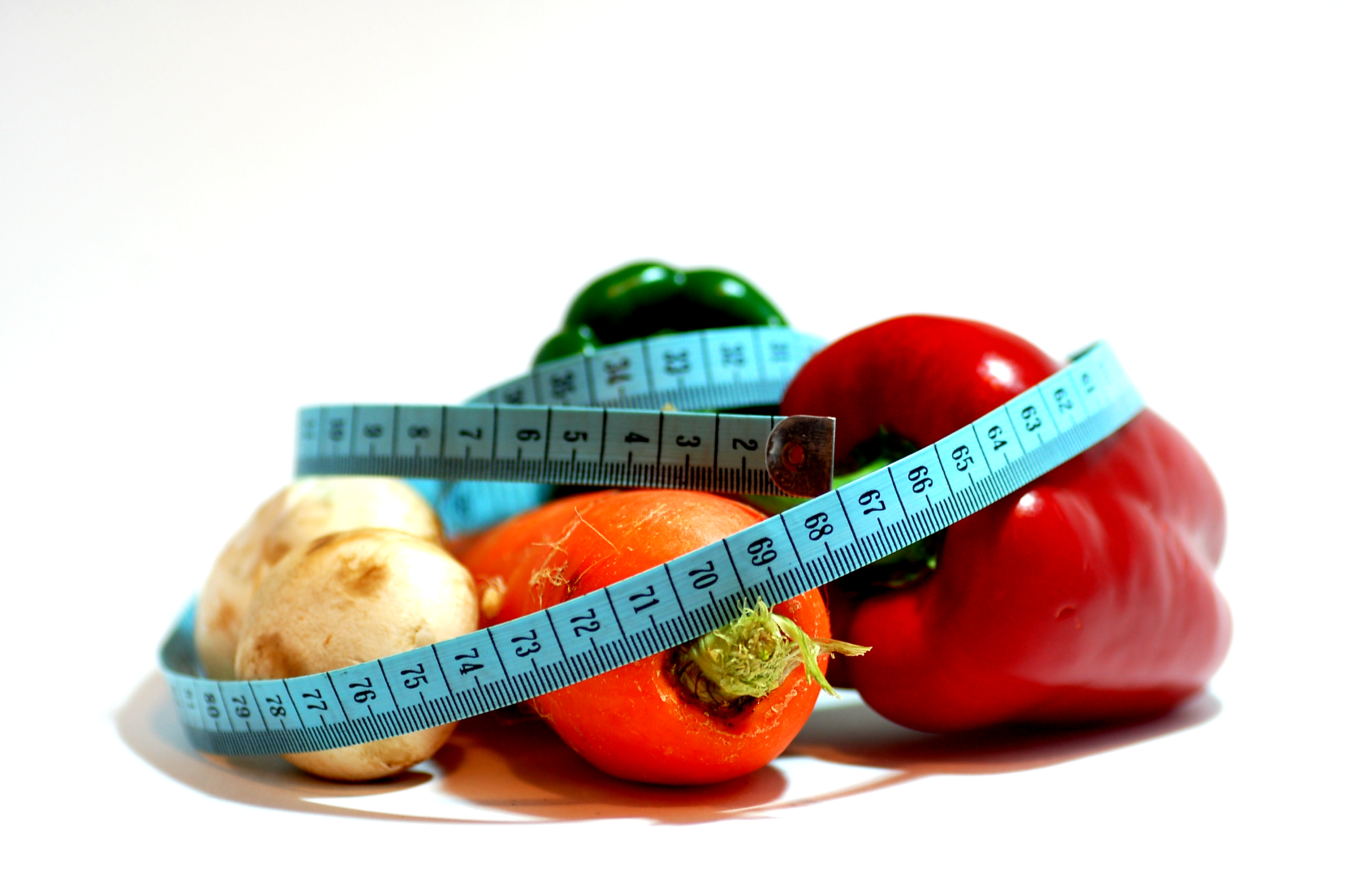


This is really an excellent article on orthorexia — and I can be quite critical! Well done.
Steven Bratman, MD
Thank you for taking the time to comment here and on my twitter page! It’s such an important topic and I’m very grateful to have a fabulous health writer to do it justice. Eve